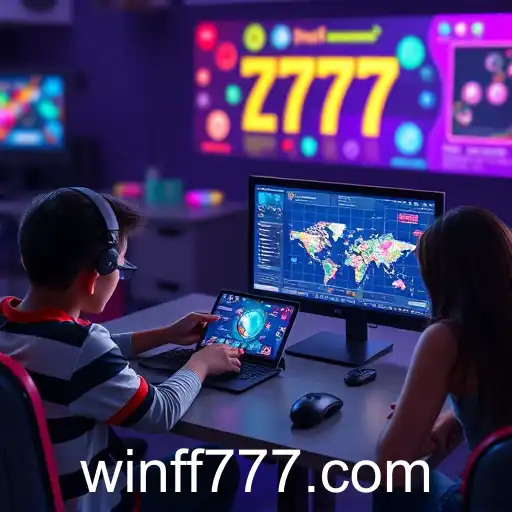
Exploring how game mechanics like those seen on ff777 are revolutionizing educational approaches in 2025.
In recent years, the integration of game mechanics into non-gaming environments, known as gamification, has become a significant trend in various sectors, particularly education. With platforms such as ff777 setting the standard for engaging user experiences, educators worldwide are exploring how similar dynamics can be incorporated into the classroom to enhance learning outcomes.
The year 2025 has been marked by significant advancements in educational technology. Schools and universities are increasingly adopting digital tools that include game-like features to motivate students. These tools often mirror the incentives and interactive experiences found on popular gaming sites like ff777. Such strategies include using point scoring, leaderboards, and competitive elements to encourage student participation and learning.
One of the driving forces behind this shift is the growing body of research supporting the efficacy of gamification in education. Studies have shown that game-based learning can increase student engagement, promote retention of information, and foster collaborative skills. Moreover, the competitive aspect inherent in gaming appeals to many students, making lessons more enjoyable and stimulating.
Educational institutions are also leveraging the robust analytics available through gamified applications, similar to those employed by ff777, to track student progress and tailor educational materials to meet learners' specific needs. This data-driven approach enables educators to create personalized learning experiences for students, accommodating various learning paces and styles.
Despite these benefits, the integration of gaming concepts into education is not without its challenges. Critics argue that an overreliance on gamification may diminish traditional learning methods' value. Additionally, there is an ongoing debate about ensuring the balance between educational content and gaming elements, so that the primary focus remains on learning rather than entertainment.
As the popularity of sites like ff777 continues to grow, it serves as a testament to the burgeoning intersection of gaming and education. The future of learning appears to be innately interactive, with the potential to transform how knowledge is acquired and applied across diverse educational landscapes. As we advance deeper into the digital age, the conversation about integrating technology in education, driven by dynamic platforms like ff777, continues to shape the way educators and students perceive the learning journey.




